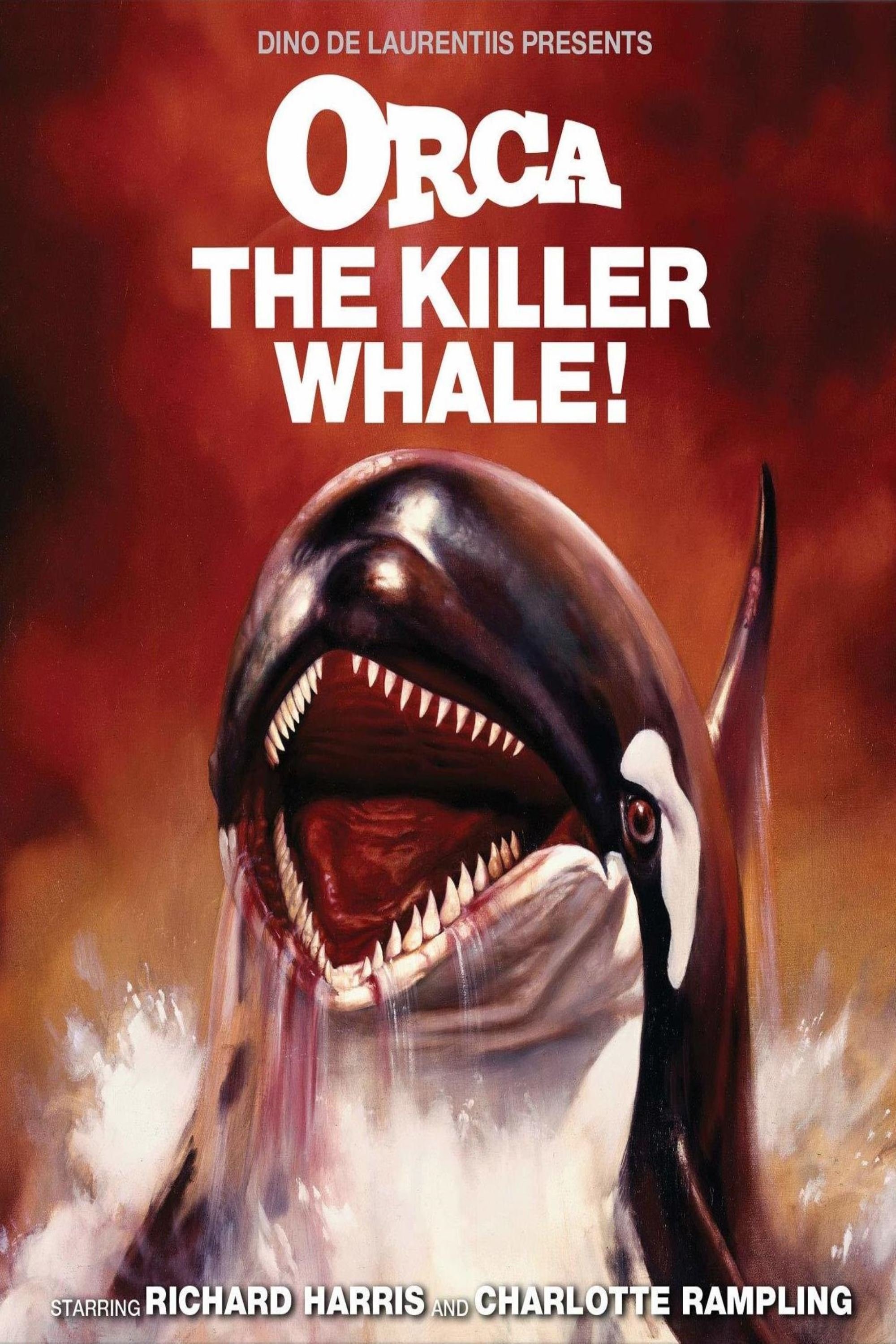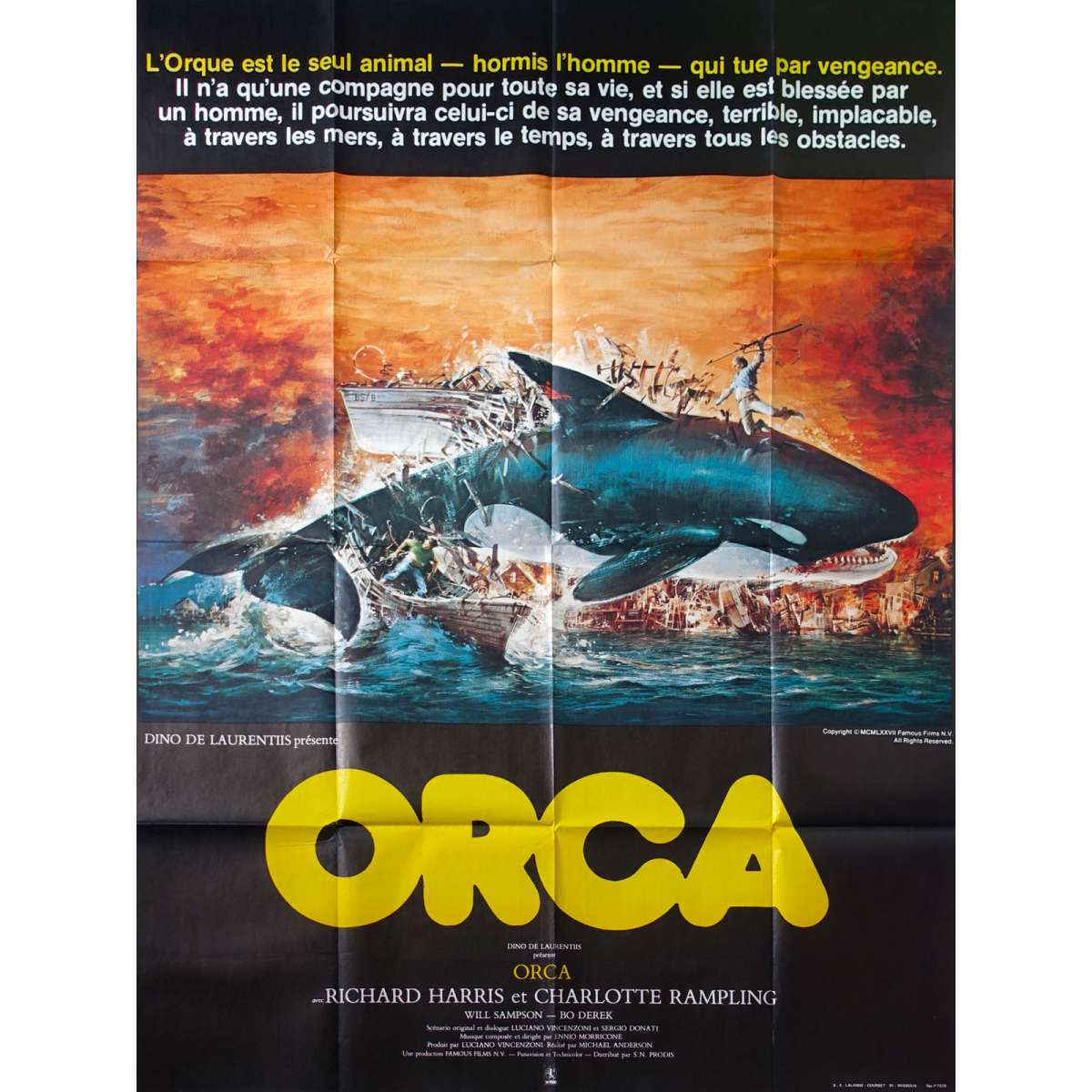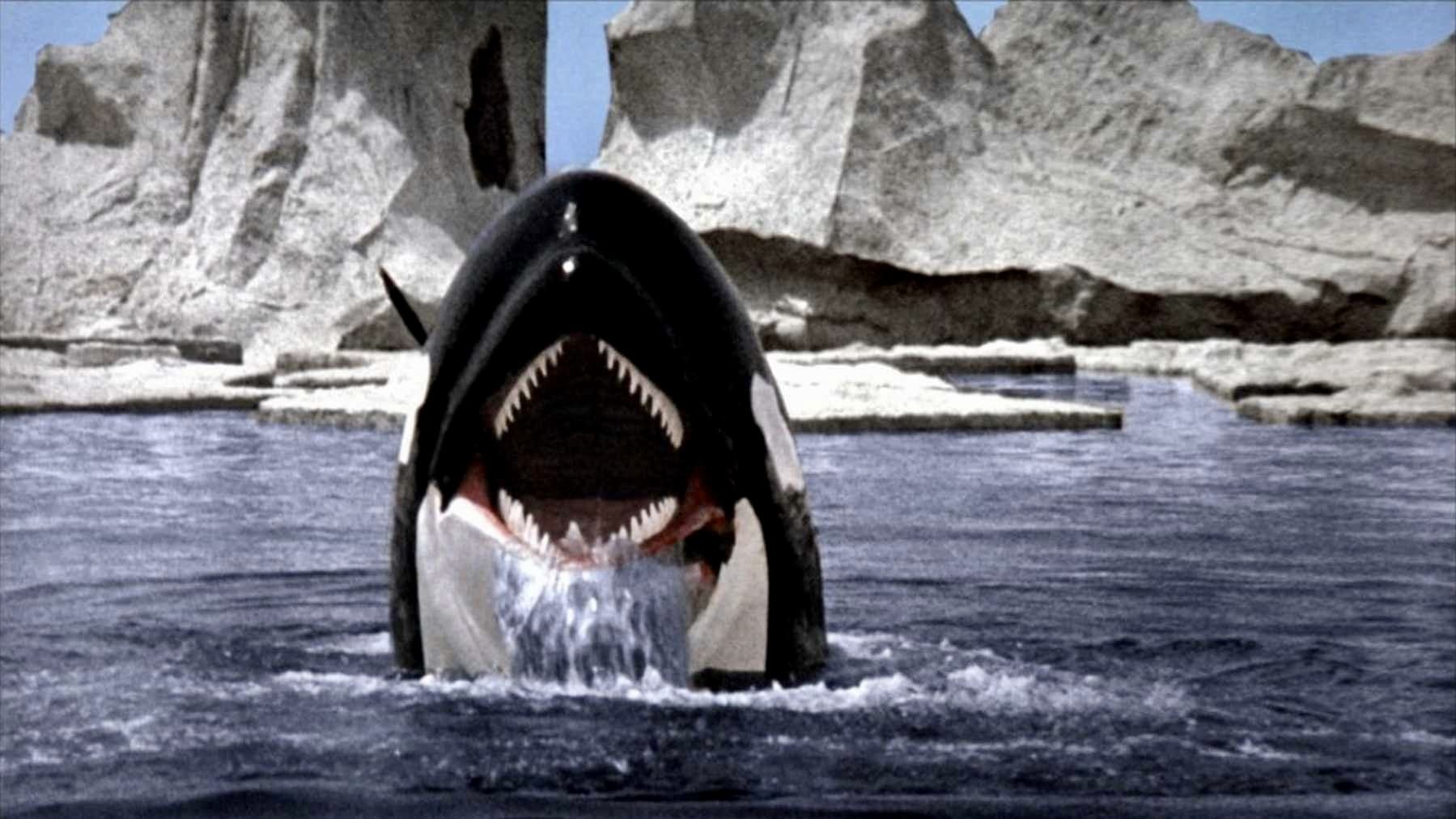Is there a limit to the strength of the human spirit, or the depths of an animal's sorrow? The narratives unfolding across the globe reveal astonishing tales of resilience, defiance, and the unyielding pursuit of freedom, challenging us to reconsider the boundaries of what is possible.
Consider the story of a young Iranian woman, facing seemingly insurmountable odds, battling against an abusive spouse, restrictive religious doctrines, and governmental constraints. Instead of succumbing to despair, she channels her pain into an extraordinary feat of athleticism. Her ambition? To etch her name into the Guinness World Records by completing an endurance swim with both her hands and feet bound. This is not merely a physical challenge; it is a potent symbol of resistance, a declaration of independence in a world that seeks to confine her.
| Category | Information |
|---|---|
| Full Name | [Woman's Name - To be added] |
| Birthdate | [Date of Birth - To be added] |
| Birthplace | [City, Country - To be added] |
| Nationality | Iranian |
| Occupation | Endurance Swimmer |
| Known For | Attempting Guinness World Record in endurance swimming with hands and feet tied. |
| Challenges Faced | Abusive spouse, religious and governmental obstacles. |
| Inspiration | Overcoming adversity and inspiring other women. |
| Website | [Link to a news article or reputable source about her - To be added] |
From the human struggle for self-determination, the narrative shifts to the plight of a captive orca, a majestic creature confined within the artificial boundaries of an aquarium. "Resident Orca" is not simply a documentary; it is a poignant chronicle of a whale's struggle for survival and, more importantly, for freedom. Its a story that forces us to confront the ethical implications of keeping these intelligent, social beings in captivity for entertainment.
- Aliza Barber The Untold Story Of Young Sheldons Wife Chef
- Sharon Cases Exhusband The Truth About Sandy Corzine
The saga of Lolita, also known as Tokitae, epitomizes the complex and often heartbreaking relationship between humans and these magnificent marine mammals. Captured as a baby 53 years ago, Lolita has spent her entire life in captivity. Decades of failed attempts to return her to her native waters culminate in an unlikely alliance. Indigenous matriarchs, a billionaire philanthropist, orca experts, and the aquariums new owner join forces to undertake what seems like an impossible mission: to liberate Lolita and return her to her ancestral home. This multi-faceted effort highlights the growing awareness of animal rights and the increasing willingness to challenge the status quo in the name of compassion and justice.
The enduring fascination with orcas extends beyond the realm of documentary and activism. The 1977 film, "Orca," directed by Michael Anderson and starring Richard Harris, Charlotte Rampling, and Will Sampson, remains a cult classic, captivating audiences with its blend of adventure and horror. Based on Arthur Herzog's novel of the same name, the film presents a unique perspective: the orca as a vengeful protagonist. The story centers on a male orca seeking retribution against Captain Nolan, an Irish-Canadian fisherman, for the brutal killing of his pregnant mate. This narrative taps into our primal fears and explores themes of grief, revenge, and the interconnectedness of all living beings.
The film "Orca" achieved notoriety for its impressive cast, including Charlotte Rampling, Bo Derek, and Richard Harris, who delivered compelling performances amidst a backdrop of dramatic ocean scenery. The creative sets and the skillful blending of practical effects with real-life footage contributed to the film's visual impact, creating a memorable cinematic experience. The soundtrack further enhanced the film's emotional resonance, adding depth to the story of the orca's relentless pursuit of justice.
- Ricky Schroders Net Worth Untold Secrets Revealed
- David Suchet The Definitive Guide To The Poirot Star More
Movieorca, on the other hand, exists in a completely different sphere. It is a digital platform catering to movie enthusiasts seeking access to a vast library of films and TV shows across various genres. This free streaming site offers a diverse selection of content in high definition, often with English subtitles and dubbed versions, making it accessible to a wide audience. Movieorca positions itself as a revolutionary alternative to subscription-based services like Netflix, Disney+, and Hulu, promising unlimited entertainment without the financial commitment. The appeal is undeniable: instant access to a wealth of movies and TV shows with minimal restrictions.
However, the world of free streaming services is often fraught with ethical and legal complexities. While Movieorca offers a convenient and cost-effective way to watch movies, it is crucial to consider the potential implications of using such platforms. Copyright infringement is a significant concern, as many of these services operate without the necessary licenses and permissions from content creators. This can have a detrimental impact on the film and television industry, undermining the creative process and potentially leading to legal repercussions for both the platform and its users.
The competitive landscape of online streaming is constantly evolving. Movieorca faces stiff competition from a range of platforms, each vying for the attention of viewers. According to data from April 2025, Movieorca.com's top competitors include Nessainy.net, lookmovie2.to, JustWatch.com, and DisneyPlus.com. This illustrates the diverse options available to consumers, ranging from legitimate subscription services to alternative free streaming sites. The choice ultimately depends on individual preferences, budget constraints, and ethical considerations.
Returning to the realm of orcas and their enduring appeal, the story of Willy the whale continues to resonate with audiences of all ages. The plight of these magnificent creatures, threatened by illegal whalers seeking to profit from the sushi trade, underscores the ongoing need for conservation efforts. The exploitation of marine life for commercial gain is a stark reminder of the environmental challenges we face and the importance of protecting vulnerable species.
The search query itself reveals an interesting dynamic: "We did not find results for: Check spelling or type a new query." This seemingly simple message highlights the importance of accurate information and the potential for search engines to guide users towards reliable sources. In an era of information overload, the ability to effectively search and filter content is crucial for navigating the digital landscape.
In conclusion, the intertwined narratives of the Iranian swimmer, the captive orcas, the cinematic portrayal of whale vengeance, and the digital streaming platforms offer a multifaceted perspective on human resilience, animal rights, and the ethical considerations of entertainment consumption. Each story, in its own unique way, challenges us to examine our values, our responsibilities, and our relationship with the world around us. The fight for freedom, whether it's the freedom of a woman from oppression, the freedom of an orca from captivity, or the freedom to access entertainment, remains a defining theme of our time.
Diving deeper into the cinematic world of the 1977 film "Orca," there are numerous fascinating details about its production, themes, and impact. The film's ambitious scope, the challenges of filming on location in harsh marine environments, and the innovative special effects all contributed to its unique identity. The film also sparked debate about the portrayal of orcas and their intelligence, raising awareness of the ethical considerations of interacting with these complex creatures.
Beyond the thrills and spills of the storyline, "Orca" delves into deeper themes of grief, loss, and revenge. The male orca's relentless pursuit of Captain Nolan is driven by the primal instinct to avenge the death of his mate and unborn calf. This powerful motivation resonates with audiences on an emotional level, forcing them to consider the capacity for grief and suffering in non-human animals. The film's enduring legacy lies in its ability to provoke thought and spark conversation about our relationship with the natural world.
The films director, Michael Anderson, faced considerable challenges in bringing Arthur Herzogs novel to life. Capturing realistic footage of orcas in their natural habitat required innovative techniques and a deep understanding of their behavior. The production team employed a combination of practical effects, trained marine mammals, and underwater cinematography to create a visually compelling and emotionally resonant experience for viewers. The film's success hinged on its ability to convincingly portray the orca as both a powerful predator and a sentient being capable of complex emotions.
Richard Harris, in the role of Captain Nolan, delivered a nuanced performance as a man haunted by his past actions. Nolan's initial motivation is purely financial: he seeks to capture an orca for profit. However, after inadvertently killing the whale's pregnant mate, he becomes the target of the orca's relentless vengeance. Harris effectively portrays Nolan's transformation from a pragmatic fisherman to a man consumed by guilt and fear. His performance adds depth and complexity to the film's exploration of morality and consequences.
Charlotte Rampling, as the marine biologist Rachel Bedford, provides a scientific perspective on the orca's behavior. Initially skeptical of the whale's capacity for complex emotions, Rachel gradually comes to understand the depth of its grief and its determination for revenge. Rampling's character serves as a bridge between the human and animal worlds, offering insights into the orca's intelligence and its ability to plan and execute its vengeful campaign. Her performance adds a layer of intellectual curiosity to the film's emotional core.
The indigenous tribalist, played by Will Sampson, adds another layer of cultural perspective to the narrative. He understands the orca's connection to the natural world and respects its power and intelligence. His character serves as a reminder of the importance of respecting the balance of nature and the consequences of disrupting it. Sampson's performance is both understated and powerful, conveying a deep sense of connection to the land and the sea.
The film's soundtrack, composed by Ennio Morricone, is a crucial element of its overall impact. Morricone's haunting melodies and dramatic orchestrations heighten the emotional tension and underscore the film's themes of grief, revenge, and the power of nature. The music effectively amplifies the orca's presence, creating a sense of both awe and dread. The soundtrack remains a memorable aspect of the film, contributing to its enduring appeal.
The underwater cinematography in "Orca" is particularly impressive, capturing the beauty and majesty of the marine environment. The filmmakers employed innovative techniques to film the orcas in their natural habitat, providing viewers with a glimpse into their world. The underwater sequences are both visually stunning and scientifically informative, showcasing the orcas' intelligence, agility, and social behavior.
The film's climax, a dramatic confrontation between Captain Nolan and the vengeful orca, is a tense and suspenseful sequence. The filmmakers effectively use the natural environment to create a sense of isolation and vulnerability. The battle between man and beast is both thrilling and tragic, highlighting the destructive consequences of human actions and the indomitable power of nature.
The film "Orca" has had a lasting impact on popular culture, influencing subsequent films and documentaries about marine mammals. It has also contributed to a greater awareness of orca intelligence and the ethical considerations of keeping them in captivity. The film's enduring legacy lies in its ability to provoke thought and spark conversation about our relationship with the natural world and our responsibility to protect vulnerable species.
In contrast to the fictional world of "Orca," the real-life story of Lolita (Tokitae) continues to unfold. The efforts to return her to her native waters are a testament to the growing awareness of animal rights and the increasing willingness to challenge the status quo in the name of compassion and justice. The partnership between indigenous matriarchs, a billionaire philanthropist, orca experts, and the aquariums new owner represents a diverse coalition of individuals united by a common goal: to liberate Lolita and allow her to live out her remaining years in her ancestral home.
The challenges of returning Lolita to the wild are significant. After spending over five decades in captivity, she has lost many of the skills necessary to survive in the open ocean. However, her advocates believe that with careful planning and rehabilitation, she can be successfully reintegrated into her pod. The process would involve gradually acclimating her to the natural environment, teaching her to hunt for food, and facilitating interactions with other orcas.
The ethical considerations of keeping orcas in captivity are complex and multifaceted. Proponents of captivity argue that it provides opportunities for research and education, allowing scientists to study these magnificent creatures up close and to raise awareness of their plight. Opponents argue that captivity is inherently cruel, depriving orcas of their natural social structures, their freedom of movement, and their ability to express their natural behaviors. The debate over orca captivity continues to rage, with passionate advocates on both sides.
The story of the Iranian woman attempting to break the Guinness World Record for endurance swimming with her hands and feet tied is a powerful example of human resilience in the face of adversity. Her determination to overcome personal and societal obstacles is an inspiration to others who may be struggling with similar challenges. Her act of defiance is a testament to the indomitable spirit of the human will and the power of individuals to challenge the status quo.
The convergence of these seemingly disparate narratives the fictional tale of the vengeful orca, the real-life struggle of Lolita for freedom, and the Iranian woman's pursuit of a world record highlights the interconnectedness of all living beings and the importance of fighting for justice and compassion in a world that often seems indifferent to suffering. These stories remind us that even in the face of seemingly insurmountable odds, hope and resilience can prevail.
The ongoing debates surrounding free streaming services like Movieorca underscore the complexities of the digital age. While the allure of free entertainment is undeniable, it is essential to be mindful of the potential ethical and legal implications. Supporting legitimate content creators and respecting copyright laws are crucial for ensuring the sustainability of the film and television industry.
The search for information, as exemplified by the query "We did not find results for: Check spelling or type a new query," is a constant process of refinement and discovery. The ability to effectively search and evaluate information is an essential skill in the digital age. It requires critical thinking, attention to detail, and a willingness to question the sources of information.
Ultimately, the stories we tell ourselves whether they are fictional narratives, real-life struggles, or digital entertainment shape our understanding of the world and our place within it. By engaging with these stories critically and thoughtfully, we can gain valuable insights into ourselves, our society, and our relationship with the natural world. The pursuit of knowledge, justice, and compassion is a lifelong journey, and these stories serve as guideposts along the way.
The intricate relationship between humans and animals, particularly marine mammals like orcas, continues to be a subject of intense scrutiny and debate. From the entertainment industry's portrayal of these creatures to the ethical considerations surrounding their captivity, the questions raised challenge us to reconsider our role as stewards of the planet and the responsibility we bear towards all living beings. As technology advances and societal values evolve, the dialogue surrounding these issues will undoubtedly continue to shape our understanding and inform our actions.



Detail Author:
- Name : Adrian Considine V
- Username : willard92
- Email : bartell.moriah@gmail.com
- Birthdate : 1973-01-27
- Address : 549 Ladarius Corners South Meaghan, PA 57486
- Phone : +1.920.990.8806
- Company : Fahey Inc
- Job : Postmasters
- Bio : Harum vitae officia repellat eveniet consequuntur. Enim quos quos delectus minima optio. Magni deserunt quos mollitia ut dolore adipisci.
Socials
facebook:
- url : https://facebook.com/giovanni_collier
- username : giovanni_collier
- bio : Saepe illo quae dolores omnis.
- followers : 6064
- following : 135
twitter:
- url : https://twitter.com/giovanni_collier
- username : giovanni_collier
- bio : Aut in ratione perferendis laborum. Occaecati quia cumque itaque voluptatibus ut labore.
- followers : 1084
- following : 760